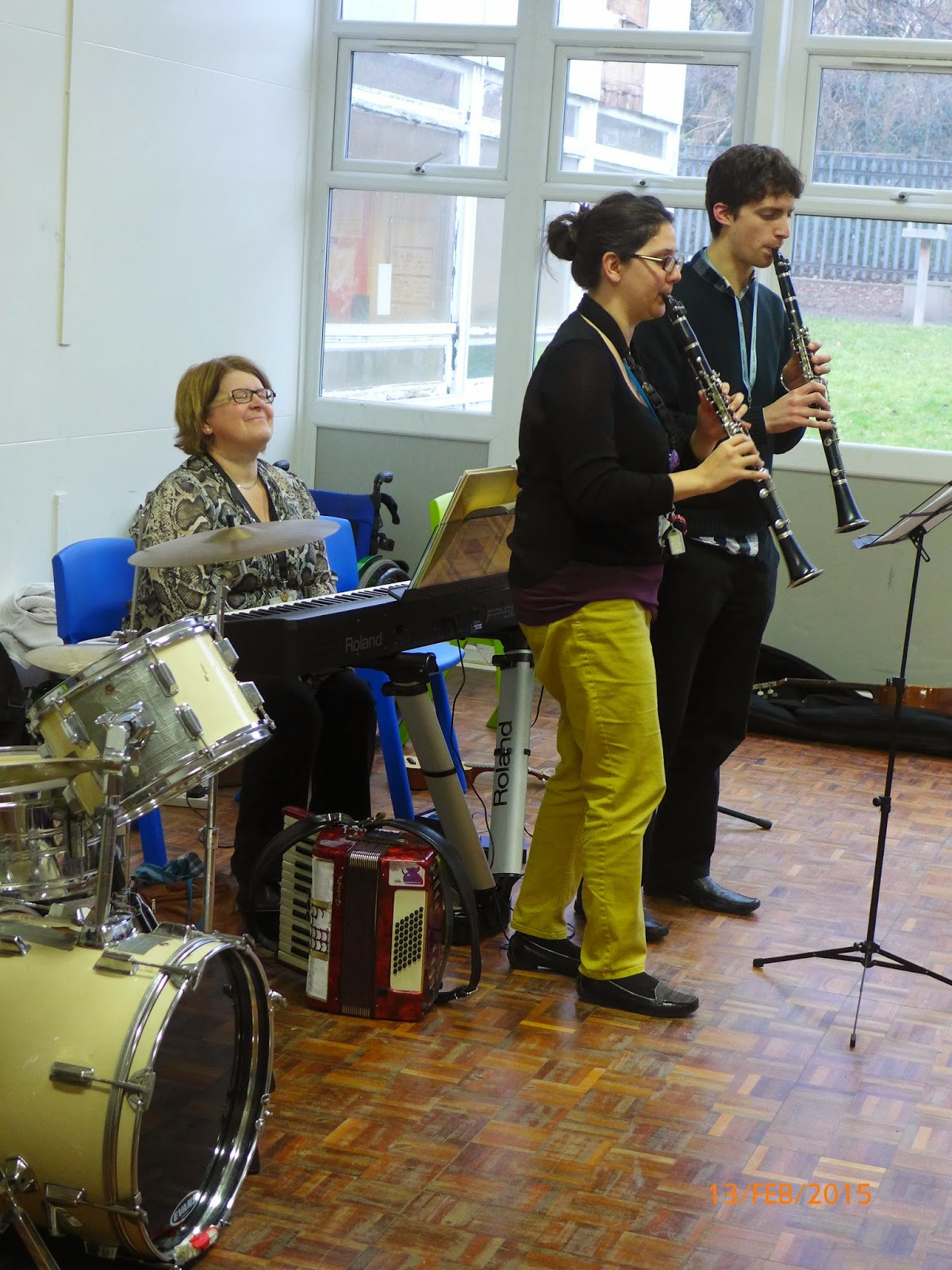 I made possibly a rash decision about a decade ago. I had been seconded, three days a week, to be Acting Head of Music at my kids' school, City of Leeds School in order to get them through a rough patch [which also included an Ofsted inspection, whose team, I am pleased to note never spotted that I had only been in place two weeks at the time of their visit!]. At the end of my short tenure I was very tempted to stay on; but, as I said, it was my kids' school, so I said no, but I did leave two days a week open in case I was needed again.
I made possibly a rash decision about a decade ago. I had been seconded, three days a week, to be Acting Head of Music at my kids' school, City of Leeds School in order to get them through a rough patch [which also included an Ofsted inspection, whose team, I am pleased to note never spotted that I had only been in place two weeks at the time of their visit!]. At the end of my short tenure I was very tempted to stay on; but, as I said, it was my kids' school, so I said no, but I did leave two days a week open in case I was needed again.Ten years later it's been skating on a lot of thin financial ice, but the I will never regret the opportunities offered and taken, from South Wales to Bradford, York, Manchester, Sheffield, other Leeds schools, and eventually primary liaison for City of Leeds, working alongside the new Head of Music at COLS, whom my own children adored. Phew!
Anyway, these two free-ish days mean that whenever Mavis and Sue would like a YAM workshop I can be there. This time I have pans, glocks, djembes, shakers; we are in four groups; I find I am singing Camptown Races and Coming Round the Mountain to various different instrumental groups, with Joanna, Mavis, Pat and Eileen leading each mixed group.

Last times I used only steel pans, and in either two or four separate sessions, but today we were all in the same room, and besides not having sixty pans available, it would not have sounded great. This however did. It would not have been possible without the four leaders, and can I particularly mention Joanna, who can knock off a tune on her namesake at the drop of a hat! [I would also like to thank Diane for taking these lovely action pics for me.]
To conclude, not only did two free days give me the freedom to do other types of work, but it taught me a load of new skills.











.JPG)

.JPG)

.JPG)








.JPG)
.JPG)
.JPG)








